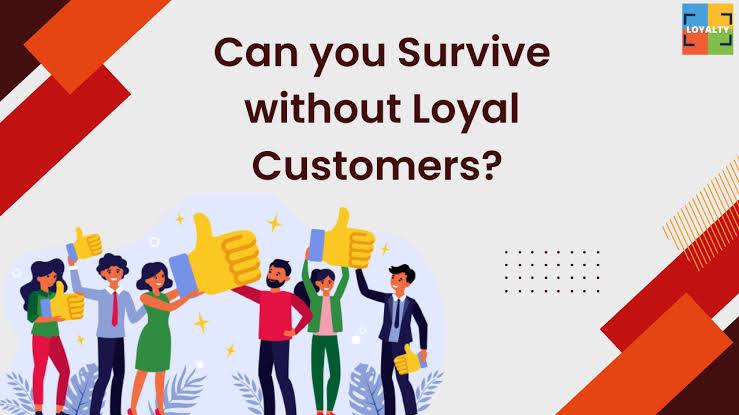Customer trust must be actively earned by brands, as it’s key to long-term revenue and loyalty. However, growing consumer skepticism and numerous buying options make this challenging.
What is customer trust, and how can it be built?
Customer trust, like any trust, must be earned and protected. It’s similar to the trust you place in personal relationships or reliable sources.
According to Qualtrics XM Institute, trust levels between consumers and brands dropped in 2020 due to the pandemic and have only modestly recovered, remaining stagnant across most industries.
Definition & Key Points of Customer Trust
Customer trust is the confidence that a customer has in a business to keep its promises and meet its commitments. Simply put, customer trust means customers believe a company will do right by them. 🤝
Earning Trust: Trust must be earned over time through positive interactions with the business. It’s built through every experience, whether small (like giving an email address) or big (like handling a data breach). Every interaction is a chance to build or weaken trust. 🏗️
Maintaining Trust: Trust can be easily broken and is hard to rebuild. Mistakes will happen, but how a company responds is crucial. If a company acts properly after a mistake, customers may forgive them. 🔄
The Significance of Customer Trust in Business 🌟
Customer trust is the cornerstone of business success. It fosters loyalty, driving sales, repeat purchases, and enhancing brand
reputation.
Loyal customers stick with a brand over time, nurturing enduring relationships critical for long-term success. They’re also more likely to recommend the brand, fueling organic growth through word of mouth and positive online reviews.
In today’s digital landscape, earning and maintaining customer trust is paramount. With abundant consumer options and easy access to information, trust forms the bedrock of consumer decisions.
Social media amplifies customer voices. Dissatisfied customers can quickly tarnish a brand’s reputation with negative feedback, highlighting the importance of consistently meeting promises.
The Stakes Are High On Both Sides
The risks are high for both sides in today’s tech-driven world 🌐💻. With advancements like machine learning and AI, and the flood of customer data, consumers aren’t just risking money; they’re entrusting their personal identities.
In this data-centric era, the implications are profound. Customers are willing to share their data for better, personalized experiences that drive sales. However, mishandling or sharing their data without consent can lead them to sever ties completely.
